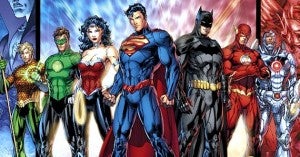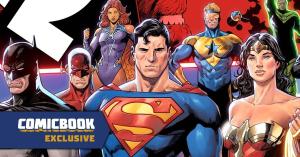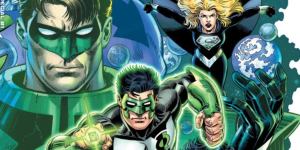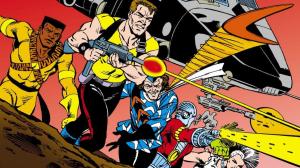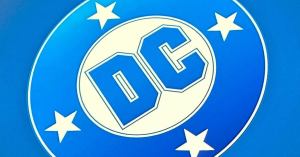That’s not a wishful, wistful headline filled with angst and disdain for the change of the last year–although plenty of our readers have that.Instead, the question–“Can DC Comics go back?”–is one to be taken at face value. With more than a year of storytelling under its belt, it’s beginning to seem less and less likely that their first big Crisis-level event will just undo the changes of Flashpoint and reinstate the “real” DC Universe that a small, vocal group of fans have been demanding since last year.And, frankly, that many people assumed would happen simply as a matter of course.There just doesn’t seem to be a way to do it that would please everyone–and if people are going to be upset either way, then why not stick with the world you’ve spent the last year establishing, investing in and which theoretically is at least tenuously connected to whatever movies are currently in development?One of the lessons that DC has hopefully learned by now is that in serialized storytelling, there are consequences for your actions. Despite Geoff Johns’s best efforts, he wasn’t able to properly reinstate the pre-Crisis on Infinite Earths multiverse and status quo following the events of Infinite Crisis and 52. He was similarly unable to make fans forget Emerald Twilight by effectively retconning big chunks of it in Green Lantern–the hugely successful comic that has served as the proof-of-concept for the New 52 reboot from the word go.
Man of SteelDC Comics: Can We Go Back?
That’s not a wishful, wistful headline filled with angst and disdain for the change of the last […]





